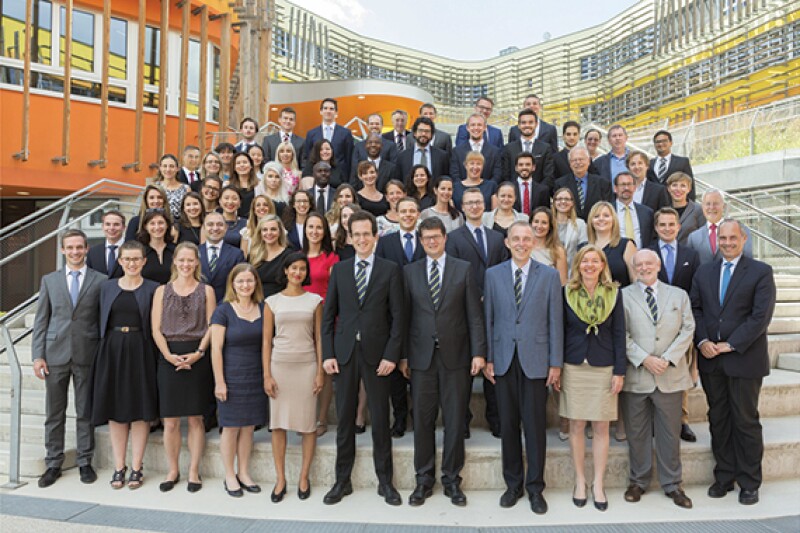
|
WU Global Tax Policy Center is a new entry this year |
A new entry in this year's Global Tax 50, the WU Global Tax Policy Center has been recognised for its excellent work in becoming a leading think tank and providing a platform to analyse tax policy, the role of tax administrations and tax laws in today's global economy.
Professor Jeffrey Owens, director of WU Global Tax Policy Center, tells International Tax Review that the body is able to offer policy-relevant research that governments can use to develop their thinking on tax policy. However, the past year has been focused on setting up the Digital Economy Tax Foundation, which was launched in October.
Together with the Singapore University of Social Sciences (SUSS) and non-partisan organisation New Economy Taxation, the centre set up the foundation as a multi-stakeholder initiative to offer academic, government, business, international and regional organisations a neutral forum for discussion and policy-driven research surrounding tax issues for the digital economy. Exeter University, the University of New South Wales, the University of Sao Paolo, the National University of Singapore and Xiamen University of China are also participating in the initiative.
"It has evolved now into a truly international initiative. What I am particularly happy about, is that it really is an inclusive stakeholder initiative," says Owens. "It's not just the academics. It's the businesses, the government, and it's the international and the regional organisations."
Michael Lennard, chief of international tax cooperation and trade in the financing for development office of the United Nations, praised the new foundation and said the initiative would "help the UN Tax Committee to take forward its new agenda on the impact of digitalisation on tax systems in developing countries".
The foundation's first focus is on blockchain and other disruptive technologies' potential to transform the way that tax systems worldwide operate.
"It was interesting that initially we decided we would focus on blockchain," says Owens. "The first meeting that we had in March 2017 showed there was a lot of misunderstanding about it. It showed the importance of explaining what the technology can do now and what it will be able to do in two or three years' time. So, very quickly, we decided we would expand the scope to artificial intelligence, robotics, the Internet of Things, virtual reality, and blockchain – the whole range, and how all this technology is going to transform tax administrations, the way companies go about dealing with tax, and the new opportunities that it could open up for tax policy."
The research this foundation will undertake will have big benefits to several governments looking at digitalisation. "Mexico is moving into the age of digitalised tax administration and we will benefit from the ongoing discussions in this forum," said Alejandro Barran, director in the Mexican Tax Administration.
Many businesses have also backed the cause with Michael Gao, president of the tax management department at Huawei China, saying he is excited to see the foundation take forward the debate on how tax systems across the globe will need to be adapted to encourage a more digitalised environment.
So far, the foundation has held talks at an event in Vienna and Singapore. Looking ahead, the foundation has a busy 2018 with symposiums planned for New York, Singapore and China to intensify dialogue between research institutions, industry, governments and standard-setting bodies to discuss the implications of technology on international taxation principles, tax policy and for tax administrations.
The Global Tax 50 2017 |
|
|---|---|
The top 10 • Ranked in order of influence |
|
6. Arun Jaitley |
|
The remaining 40 • In alphabetic order |
|
| The Estonian presidency of the Council of the European Union |
|
| International Consortium of Investigative Journalists (ICIJ) |
|
| United Nations Committee of Experts on International Cooperation in Tax Matters |
|









